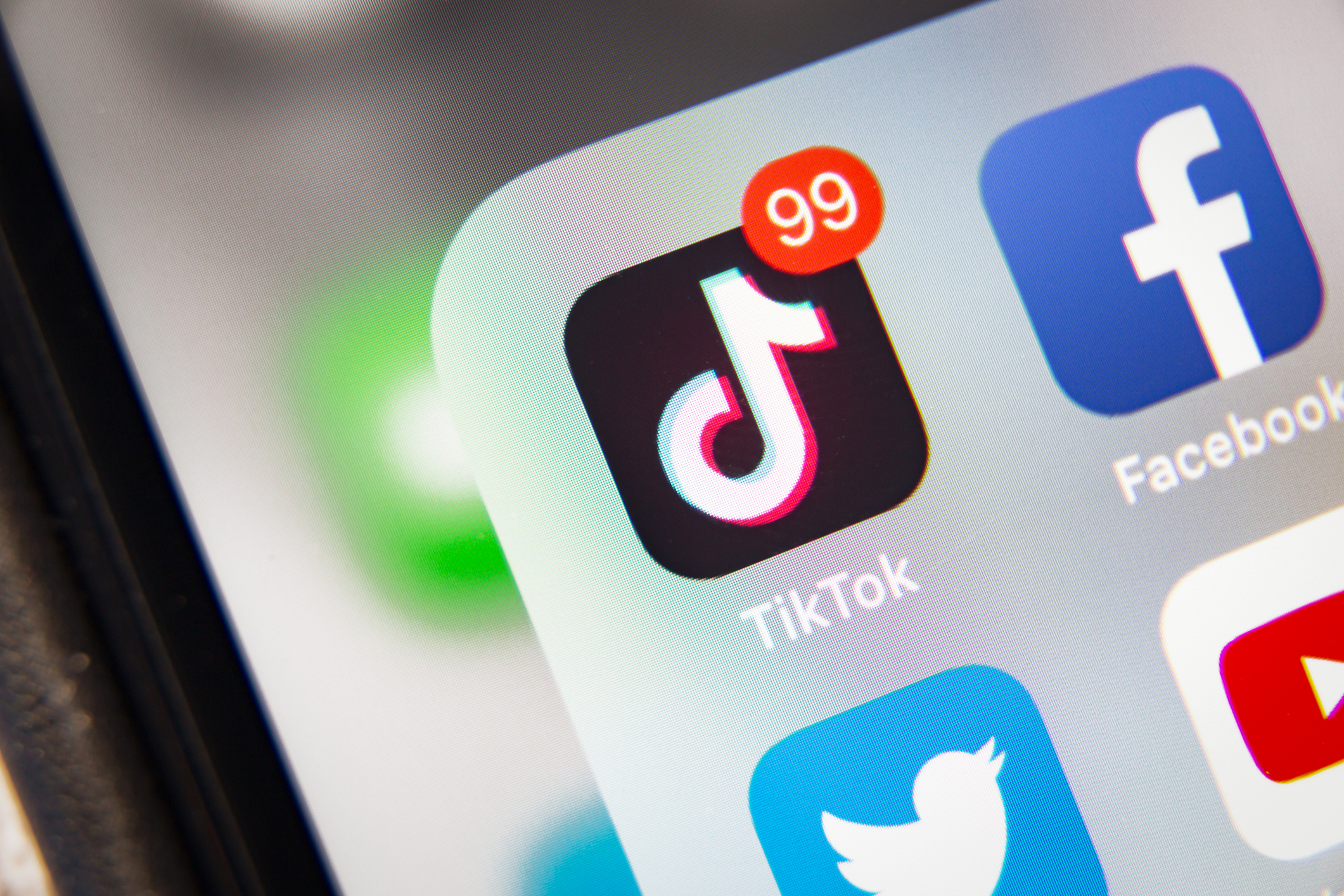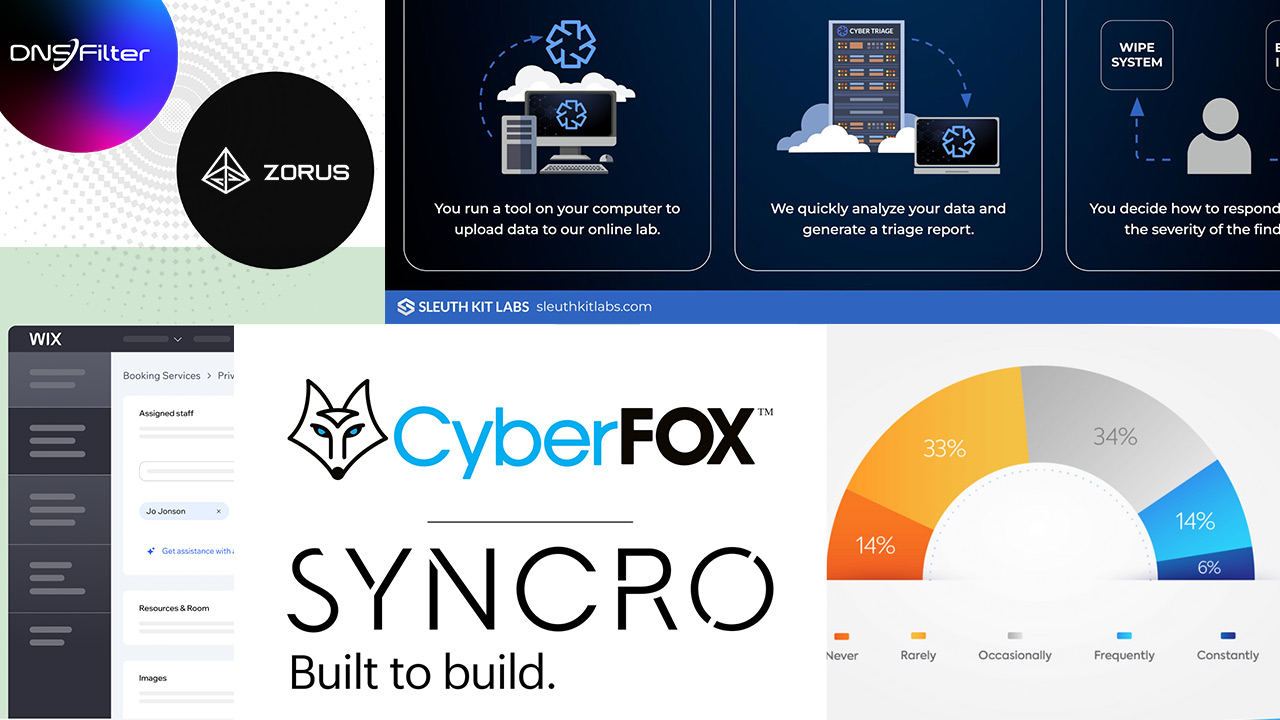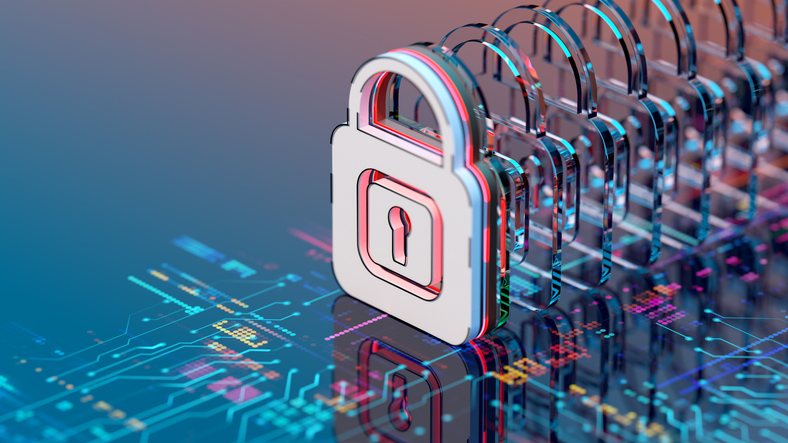The meteoric rise of TikTok with its endless stream of short-form videos has captivated billions of users worldwide. However, lurking beneath the surface of catchy tunes and viral dances lies a growing concern: the potential impact on data privacy and national security.
As the possibility of a U.S. ban on TikTok gains traction, we must consider the potential consequences that extend far beyond a single platform.

Theresa Payton
Data collection practices — a contentious topic across most social media platforms — occupy center stage with TikTok. While Facebook and Instagram remain the undisputed leaders in data collection volume, a recent Surfshark survey revealed issues on TikTok use, which include data collection without consent, the potential for disinformation campaigns, and the app’s addictive nature.
Concerns also extend to TikTok being a tool for Chinese government influence, collecting Americans’ data, and possibly introducing malicious software. This raises critical questions on how user information is used, secured, and potentially misused.
Areas of Concern
When considering TikTok’s impending ban, there are two key issues: individual privacy and global fallout.
The platform’s extensive data collection practices, potentially exceeding informed user consent, expose users to vulnerabilities. Disinformation campaigns pose a significant threat, fueled by TikTok’s ability to precisely target users. Additionally, the app’s addictive nature, cultivated by sophisticated algorithms, raises concerns about users’ mental health and diminished productivity.
A U.S. ban on TikTok would not exist in isolation. Millions of domestic and international content creators and business owners have built careers, revenue streams, and livelihoods on the platform. A ban would disrupt their professional trajectories and potentially restrict access to trends and cultural exchange for users worldwide. Furthermore, strained U.S.-China relations could escalate across multiple fronts, impacting trade and technological access.
Exploring Alternative Solutions
A complete ban might appear as a straightforward solution, but it is a blunt instrument with potentially unintended consequences. Rather than resorting to such drastic measures, it’s crucial to explore alternative solutions that prioritize security while ensuring that technological innovation, creativity, and digital livelihood are not stifled.
TikTok has stated it has implemented key principles of security frameworks, and it now stores American’s data in Oracle servers outside of China. A common U.S.-based standard must be adopted and applied against all critical sectors of the economy.
Existing frameworks can be adapted to create a baseline standard for data protection and risk mitigation across social media platforms, including TikTok. Congress and industry leaders should collaborate to incentivize social media companies to adopt these frameworks. Such an approach would not only encourage robust cybersecurity practices throughout the industry but also maintain the momentum of technological advancement.
Furthermore, the fragmented landscape of data privacy laws is inadequate in providing comprehensive protection for users. By taking a leaf out of the European Union’s book, specifically the General Data Protection Regulation (GDPR), a comprehensive legal framework could be implemented in the U.S. This would empower users with greater control over their data while holding social media platforms accountable for their data collection practices. The adoption of a strong national privacy bill would offer much-needed clarity and establish a level playing field for all online platforms, ensuring a secure yet innovative digital environment. American citizens need and deserve a National Individual Privacy bill of rights.
However, irrespective of the legislative path taken, an open and continuous dialogue between the U.S. government and social media platforms is pivotal. This approach is essential for fostering trust and open communication. It aids in finding solutions that secure our digital ecosystem without compromising the tech industry’s growth.
Ultimately, the challenge lies in striking a delicate balance between ensuring user privacy and national security and fostering innovation in the tech sector. While the stakes are high, the solution doesn’t lie in a complete shutdown, but rather in formulating robust regulations that safeguard our digital future without hindering progress.
Collaboration is Critical
The responsibility for building a secure digital ecosystem extends far beyond the walls of any government. Users, policymakers, industry leaders, and MSPs must collaborate to forge a path to a secure digital future. This future empowers users with control over their data, encourages responsible innovation within the tech sector, and safeguards national security. By working together, we can create a digital ecosystem that fosters the creativity and connection offered by platforms like TikTok, while simultaneously protecting our privacy and national security.
Theresa Payton, CEO of Fortalice Solutions, brings decades of experience and expertise in technology, cybersecurity, and policy. As a recognized thought leader, she is committed to driving positive change in the ever-evolving landscape of digital security and privacy.
Image: iStock














